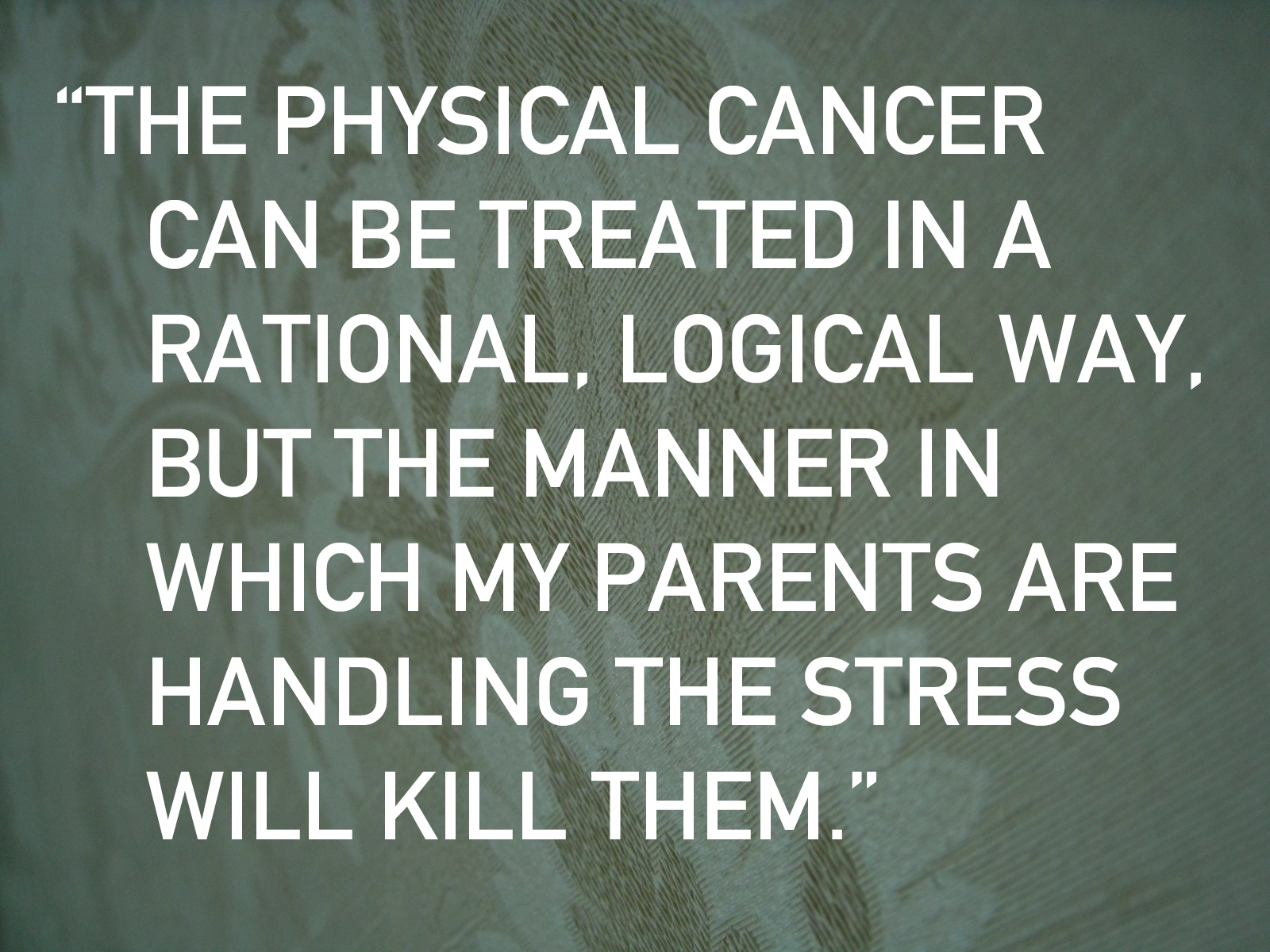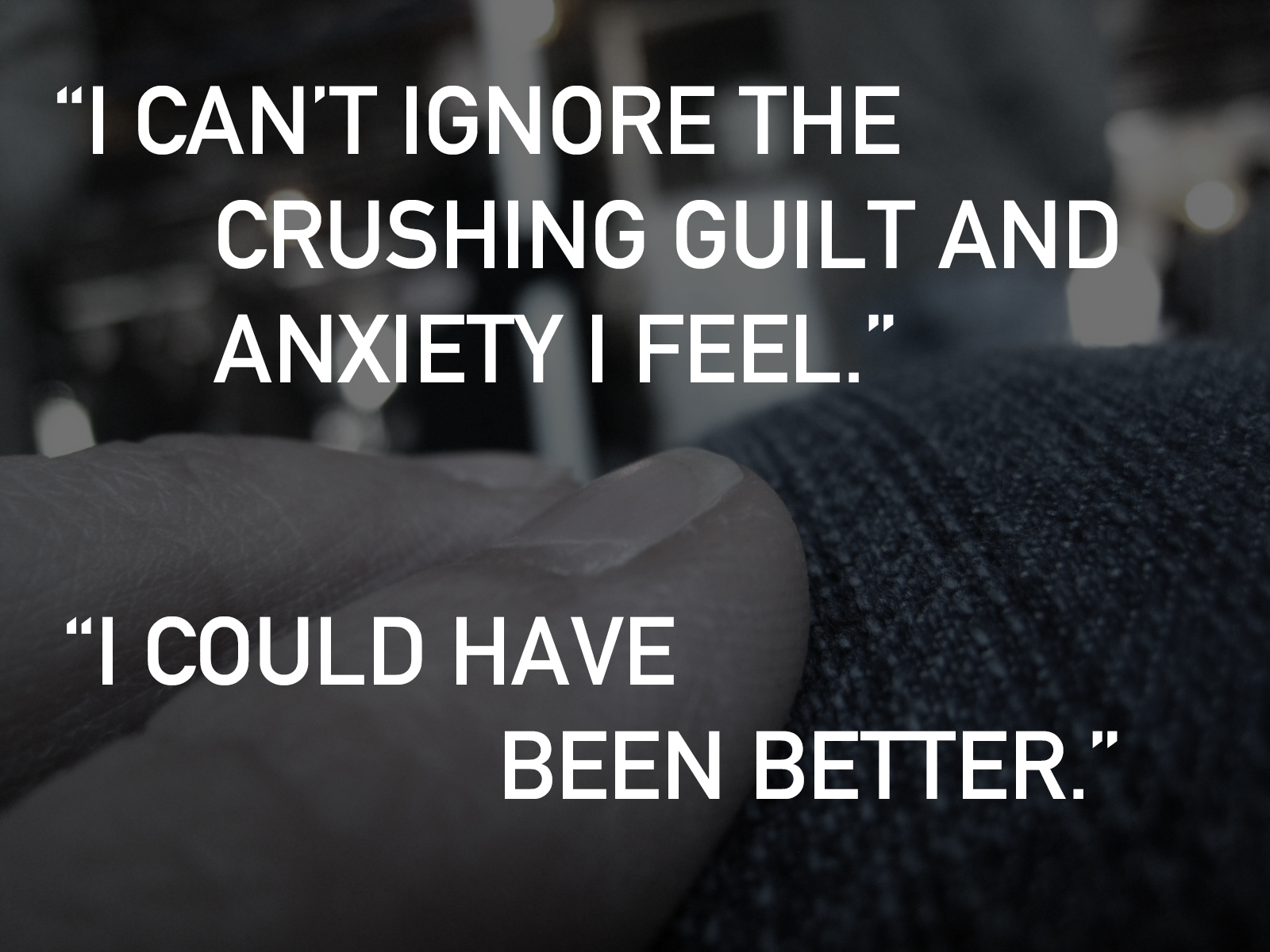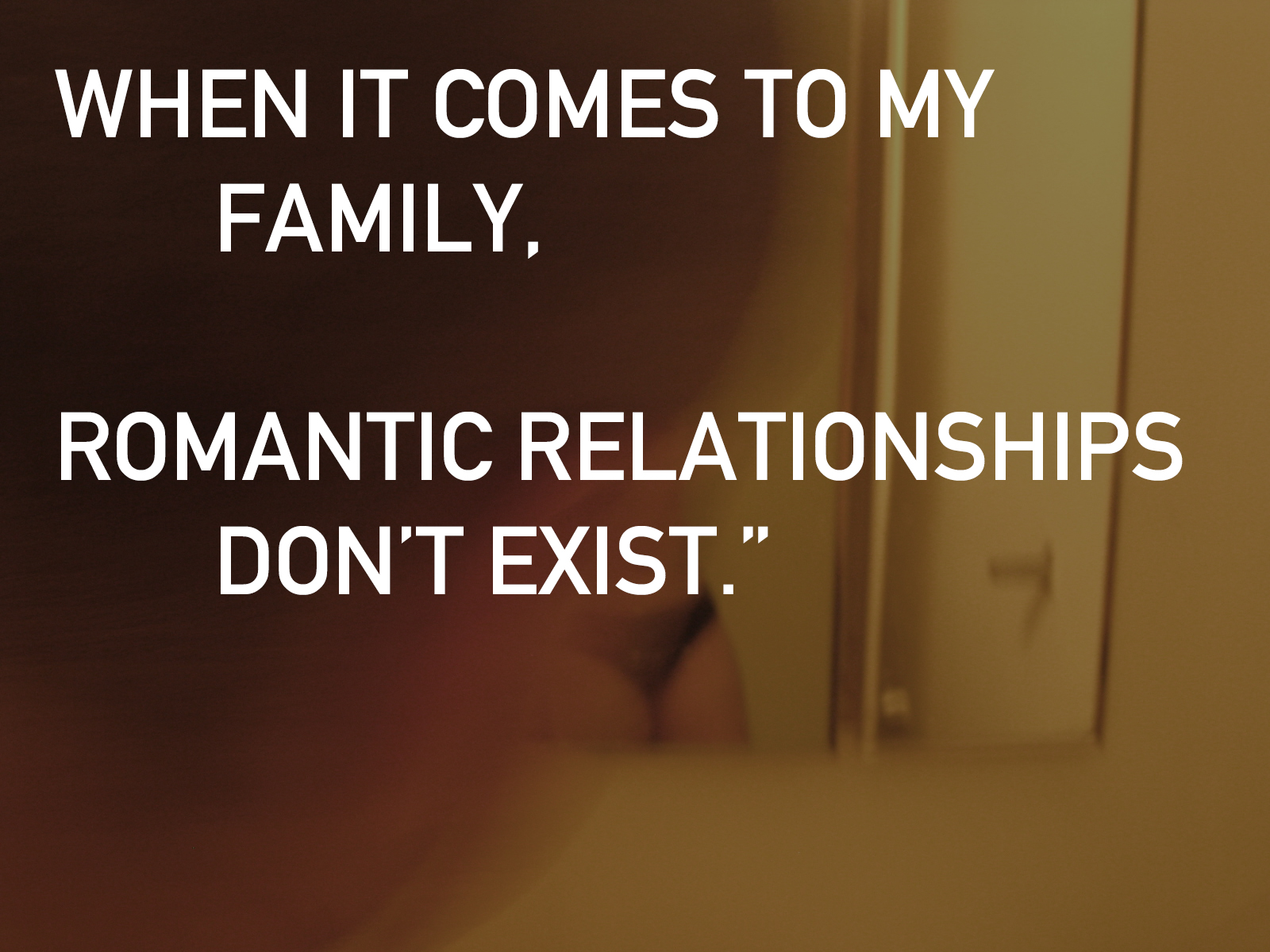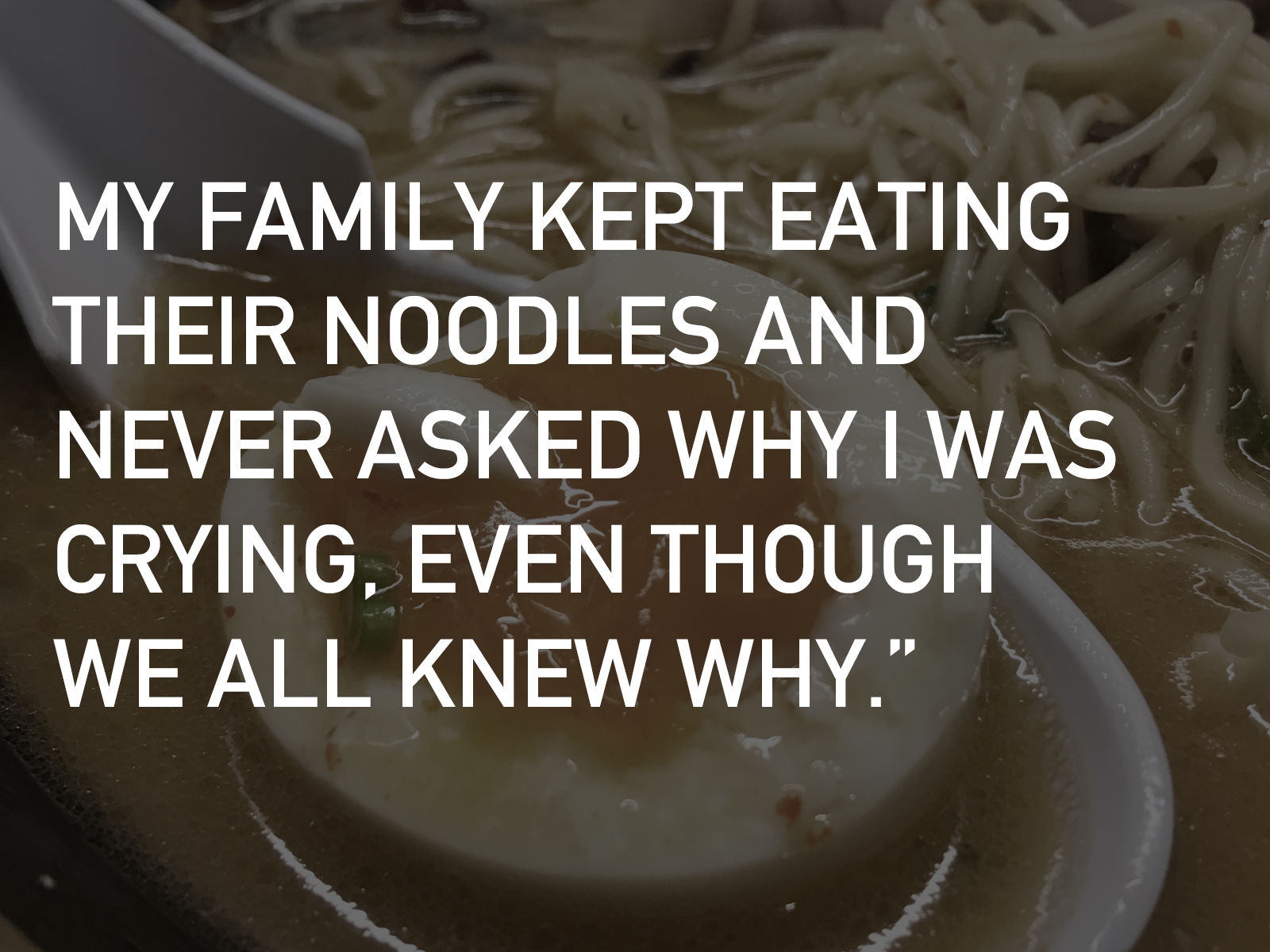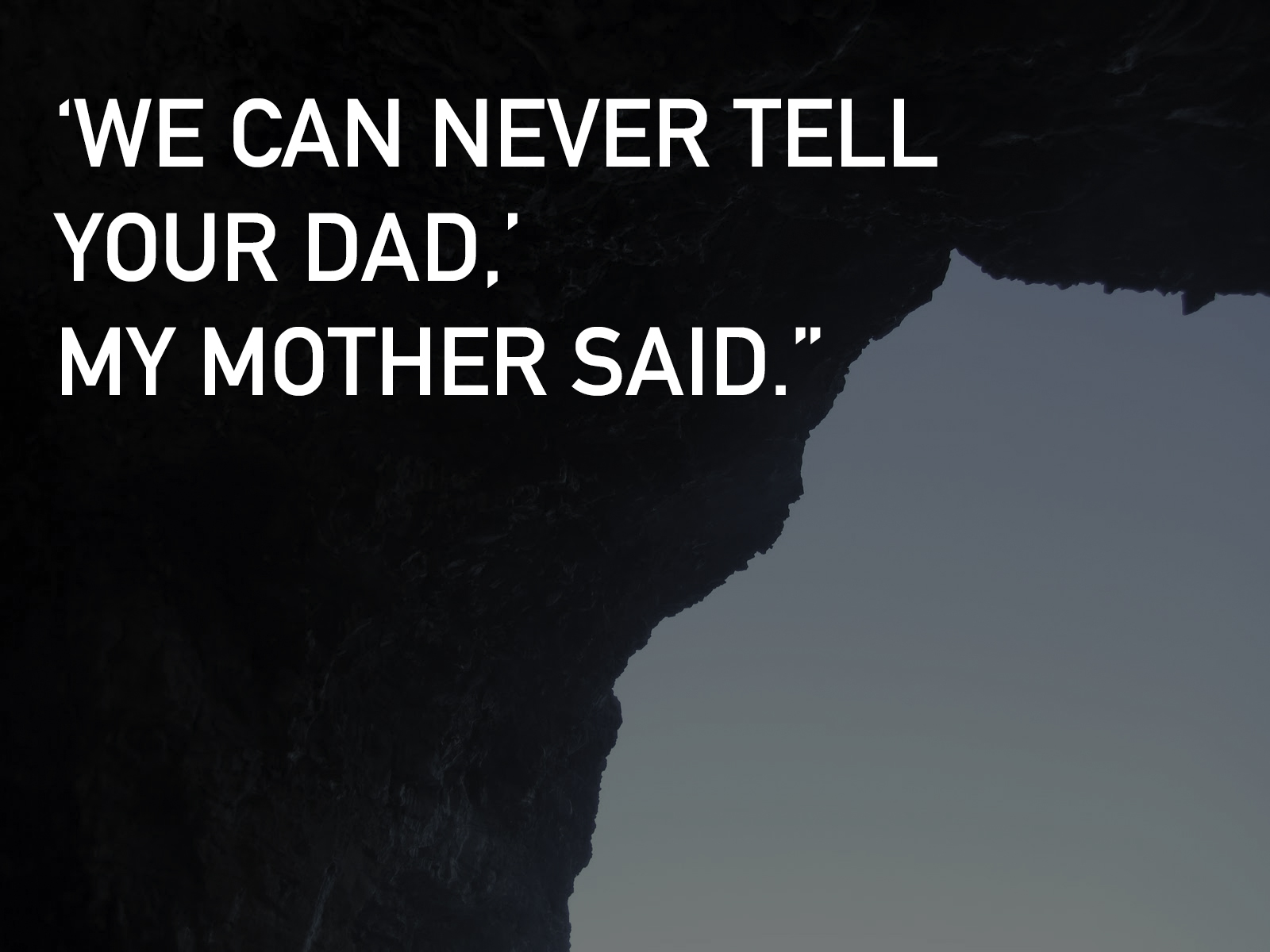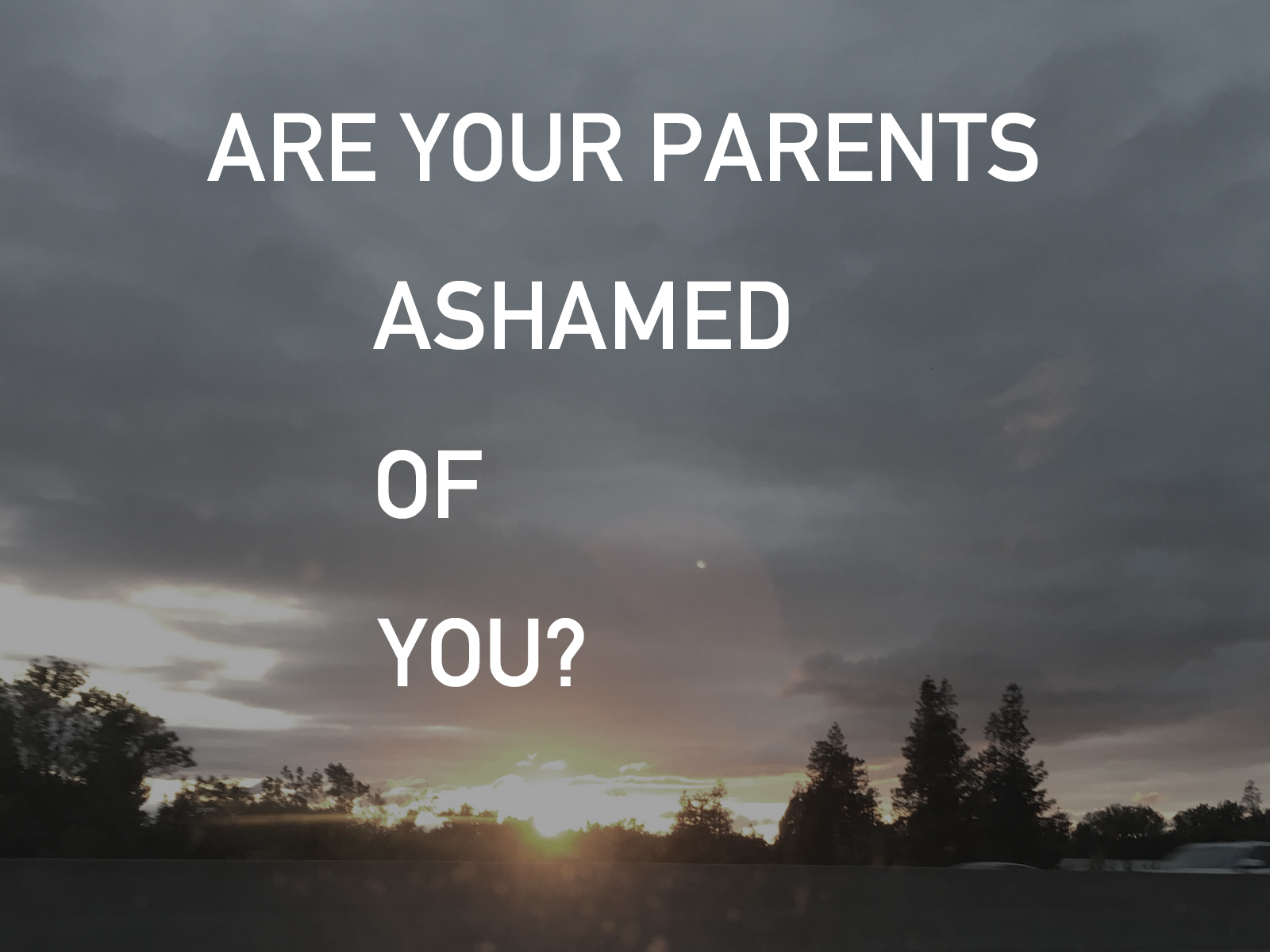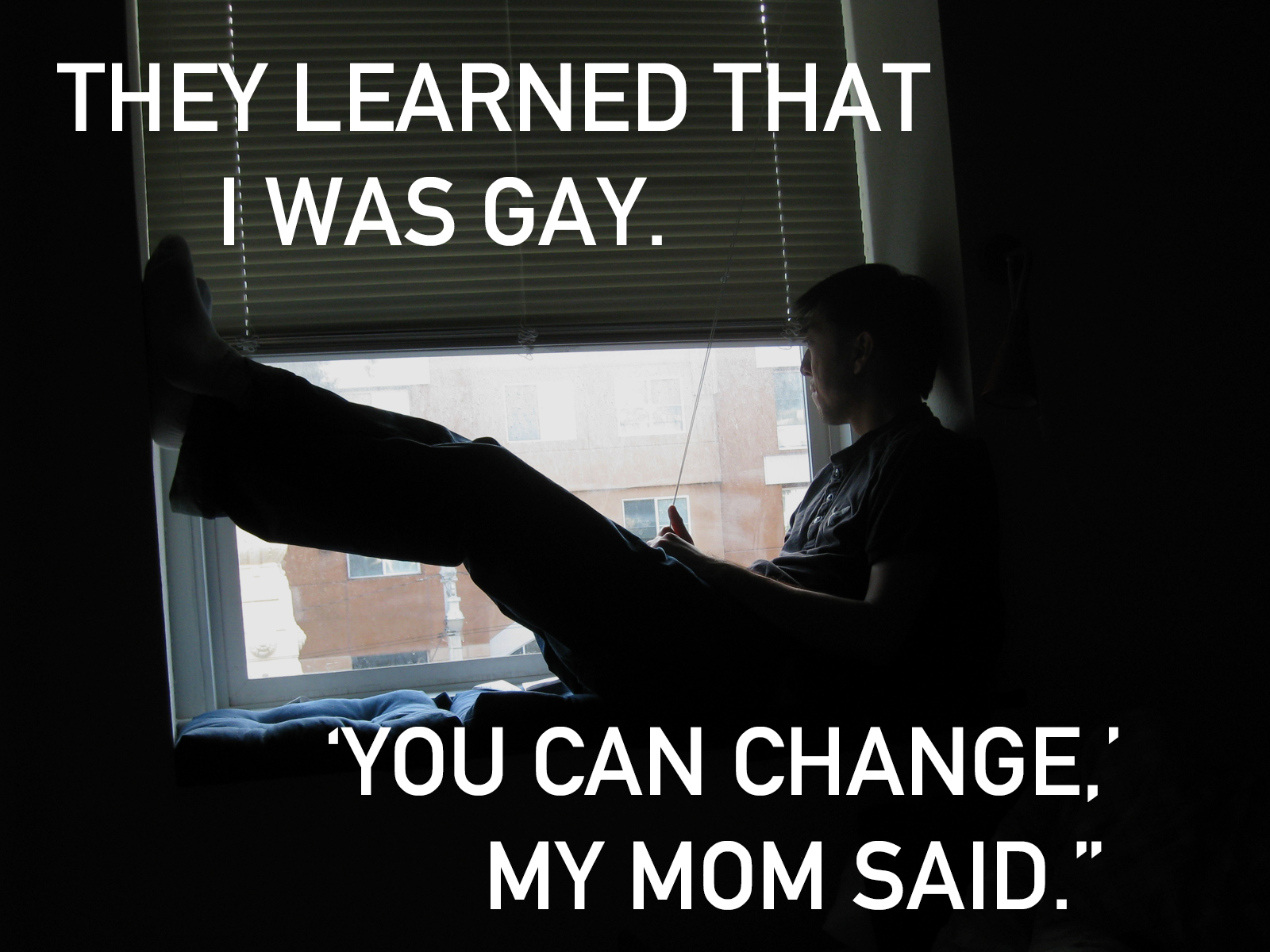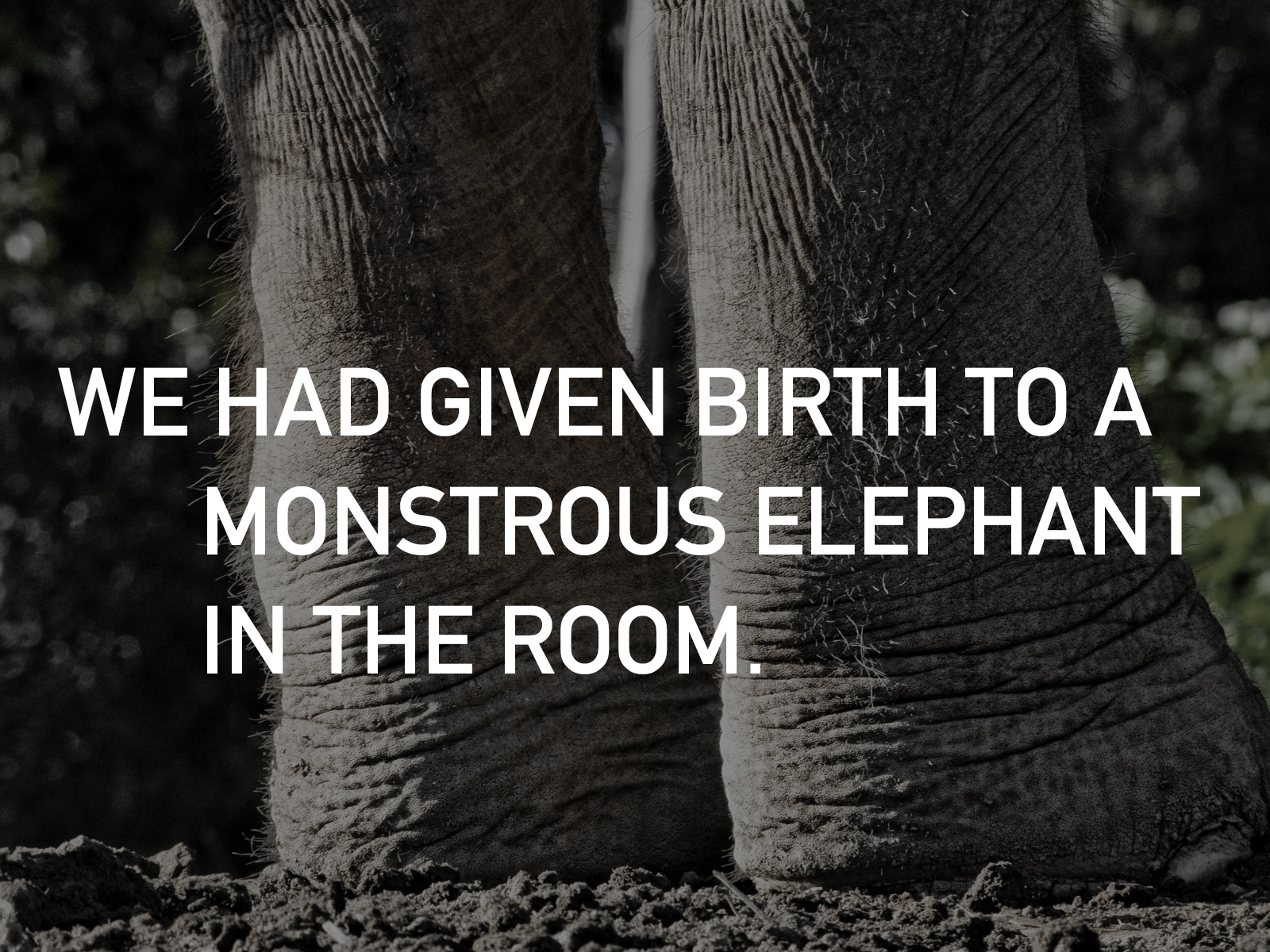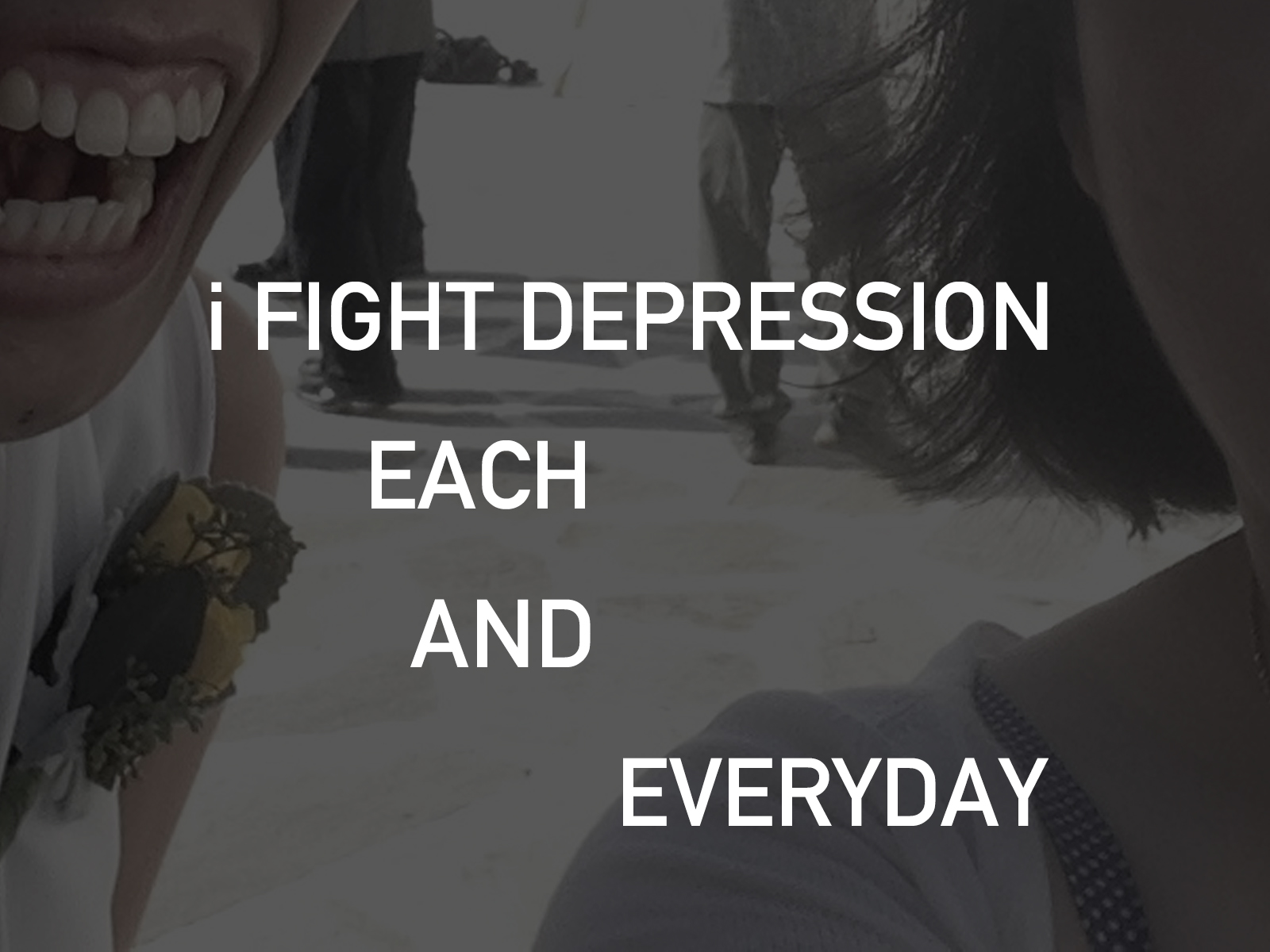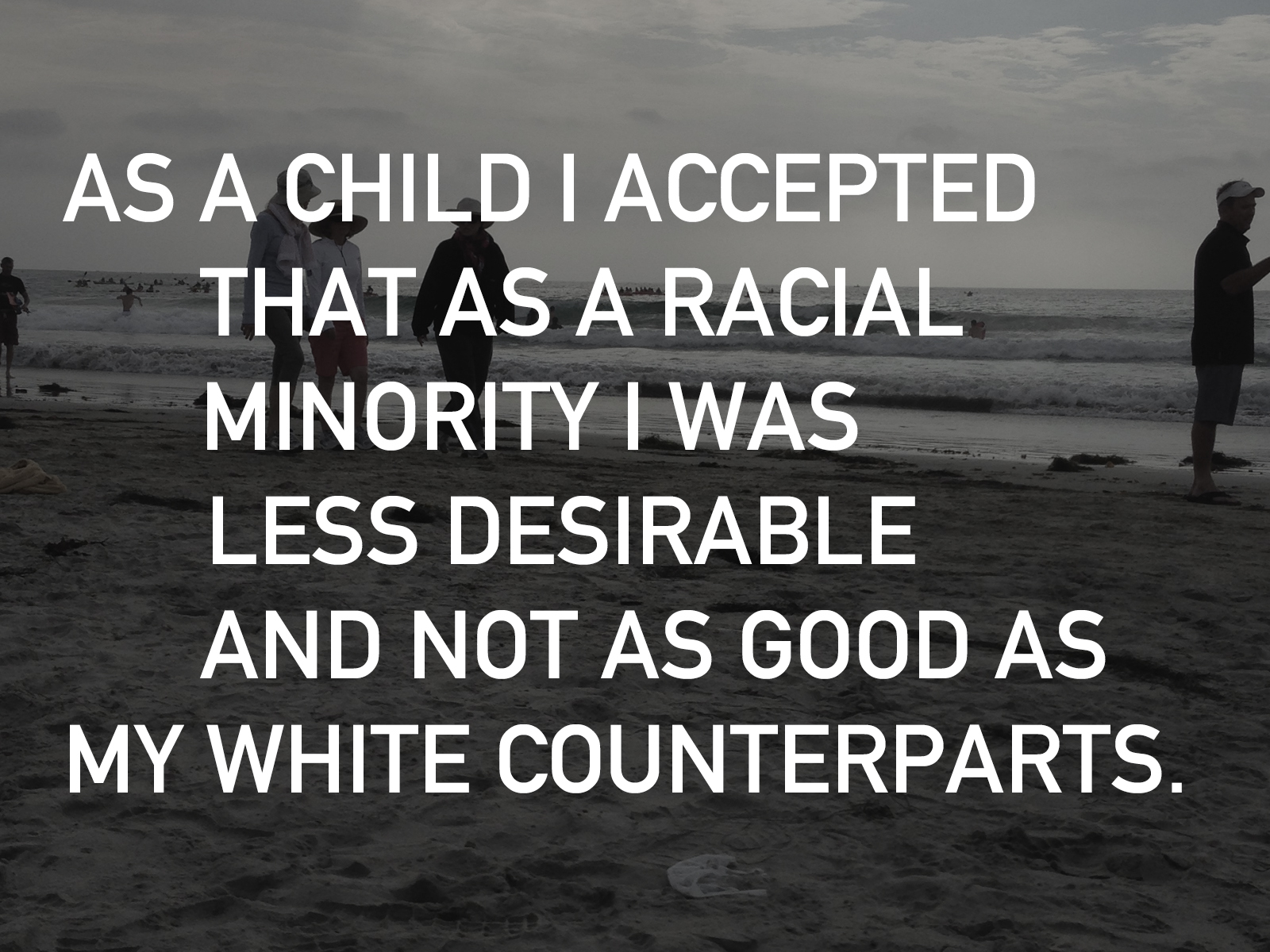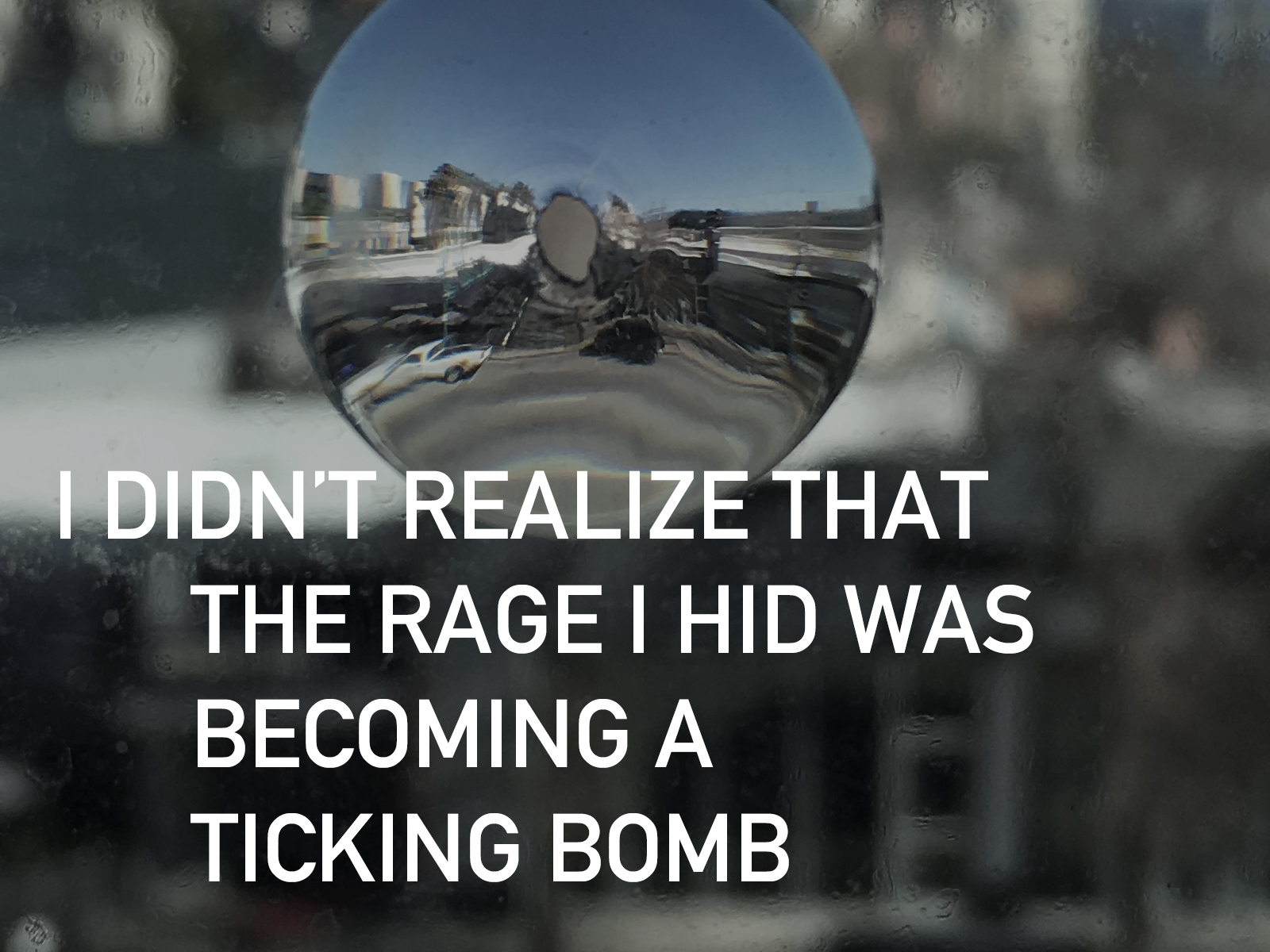The first communications regarding my father’s diagnosis came as a series of texts and missed calls delivered in staccato notes between my younger sister and me. Now, over a month later, the rhythm of shared information hasn’t changed much. Even stories about the mundane, arguably banal, flow of my parent’s everyday life seems to have been choked at the source. As I result, there are giant gaps in the narrative that we have tried to construct.
A recent email from my sister was succinct; satisfyingly full of facts regarding treatments, but devoid of insight regarding the emotional state of my parents. My sister seems uncharacteristically distracted and, dare I say it, disinterested.
I am a fickle and lazy correspondent, but I require no more than the few stripped down, telegraphed phrases gathered from 30-second telephone calls from my mom and the handful of four word sentences from my dad to know that they are not handling the emotional turbulence well. I can decode that my father has over-reacted and his usual mode of coping will alienate his physicians and make my mom’s life hell. I also know, that my father deals with his stress by becoming overbearing and I also know, without being told, that my mother finds this situation unbearable, but lacks insight or the skill to manage my father’s intractable nature.
The physical cancer can be treated in a rational, logical way, but the manner in which my parents are handling the stress will kill them. I resist the impulse to mediate partly because I feel unequal to the task and nonplussed by their inability to sort this out after 43 years of marriage.
AM

